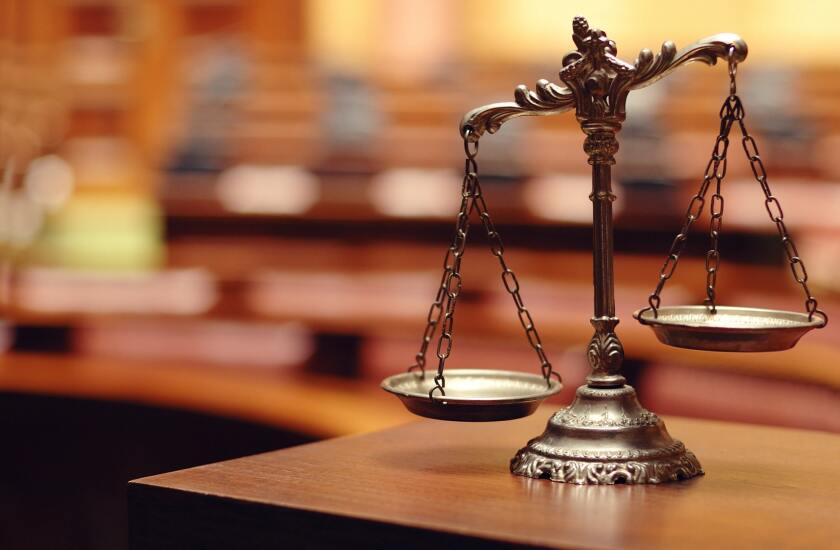Let me start with a disclaimer. My three-year-old loves Peppa Pig and I quite like it too.
It’s harmless, educational, and at times very funny. More importantly, it keeps him occupied when I need to do life things. Regrettably, this means I rarely get to watch it.
For those who don’t know, Peppa Pig is a pre-school TV series (and now franchise) about a friendly (you guessed it) pig and her animal friends.
And recently, it just so happens that my personal and work life have met in the middle – this rarely happens, so when it does, I take an extra interest.
In January, Managing IP reported that eOne, the Canadian company that owns the intellectual property rights to the affable swine, had become embroiled in a trademark, copyright and passing off dispute with a Vietnamese company called SConnect over the latter’s video series about a cartoon wolf called ‘Wolfoo’.
EOne filed an infringement claim at the England and Wales High Court.
But as Managing IP reported last week, the dispute has taken an interesting turn and there are valid concerns about what role, if any, governments should play in adjudicating IP rows.
Crucially, the debate could also stray into whether the government should have a role in determining what content in general gets uploaded to video-sharing platforms.
The full story can be read here. But to explain briefly, a Vietnam-based technology-focused industry group has written to ministers in the Vietnamese government, as well as a senior Google policy adviser, to encourage them to stop YouTube responding favourably to takedown requests filed by eOne against SConnect.
The Vietnam Digital Communication Association (VDCA) asked the government to consider the “heavy damage” SConnect was suffering from intermediaries such as YouTube and Facebook acting on takedown requests.
EOne has criticised this, writing to the government in October to clarify its position.
Worrying precedent
The suggestion that governments should have a sway over a content platform’s takedown policies is a dangerous path.
It is not, and should not be, the place of government ministers to decide whether takedown requests have merit from an IP perspective.
I can’t speak for the government of Vietnam, but if that power were to be handed to ministers in the UK (where I live), where IP expertise and indeed interest is fairly scarce at government level, you may well see a lot of very suspect decisions.
All jokes aside, allowing government ministers to influence the decisions those platforms take could set a dangerous precedent – and not just in the IP world.
It doesn’t require too much imagination to conjure up a scenario where videos that portray a negative picture of the government, or those that are favourable to the opposition or different political viewpoints, are removed.
EOne's view is that it should be the courts, not government ministries, that should be the appropriate forum for resolving disputes.
I agree. It may take time and also be expensive, but a court order is the best and most effective way of proving your rights.
On the same page
Then there’s another angle to consider. SConnect must have known, or at least should have known, what it signed up for when it joined YouTube.
The platform’s own terms of service makes it clear that rights owners have the power to request the removal of content they suspect has infringed their rights. It also makes clear that parties that do not accept or understand the terms of service are unable to use the platform.
In its letter to the Vietnamese government, eOne stated it was YouTube’s call to remove and block certain videos in the Wolfoo series: “YouTube's decision shows that YouTube took the view that our complaints were made in accordance with the procedures as prescribed by YouTube.”
If SConnect and the VDCA are right that SConnect has been hard done by in all of this, then the courts should find in its favour.
Until then, YouTube should continue to act on the evidence it receives. If SConnect turns out to be right, and there is no infringement, then the videos will surely reappear. Though this does beg the question why it seemingly hasn’t presented this evidence so far.
But until such a determination is made, let’s keep politicians out of it, please.











